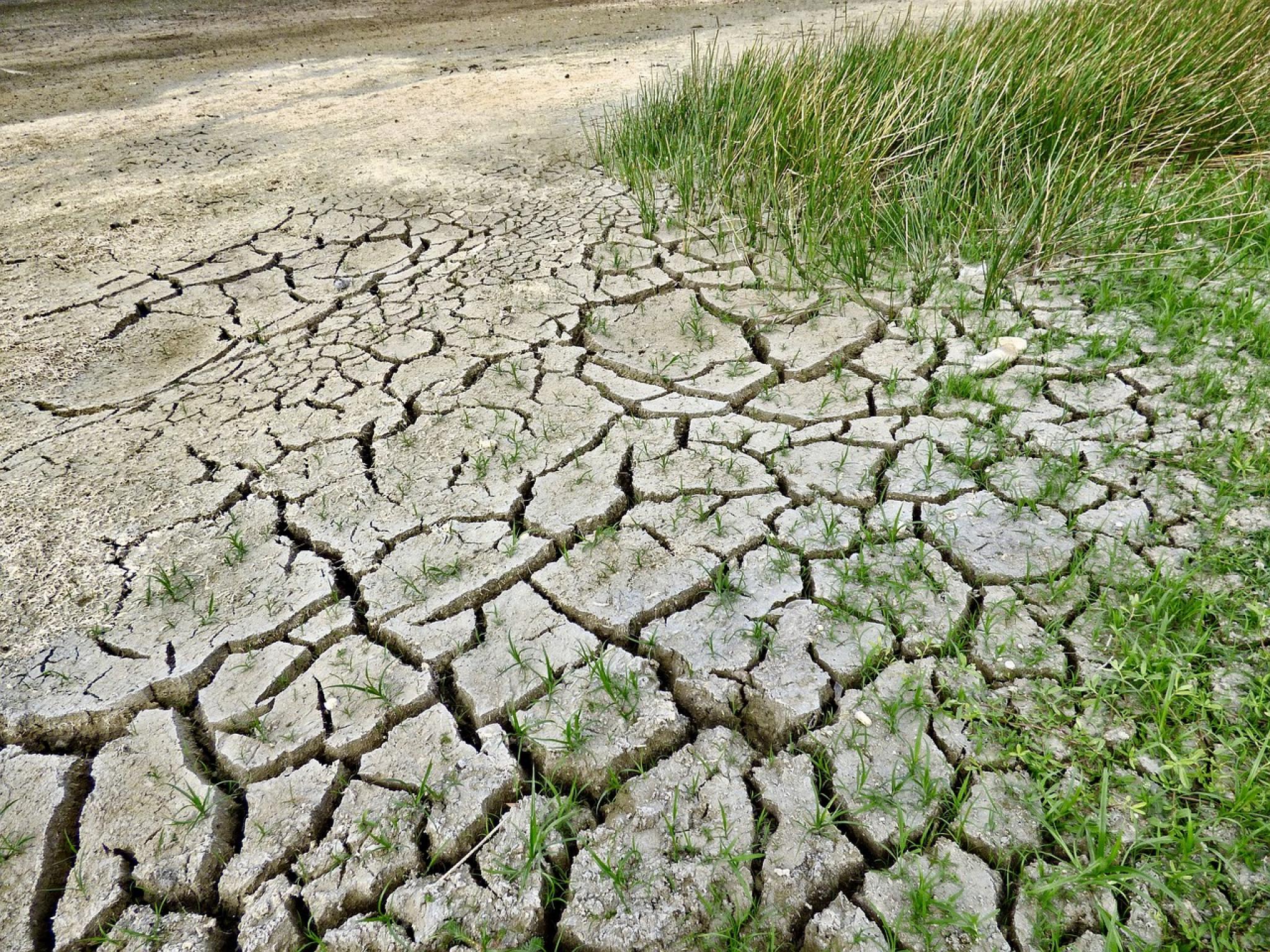This project is part of a larger research agenda, which is interested in the scope and efficacy of Environmental Restorative Justice in diverse contexts.
Environmental Restorative Justice is a way to prevent and heal environmental harm. Rather than just focussing on what rules have been broken and who should be punished, Environmental Restorative Justice:
- Focuses on healing to humans, animals and nature as well as repairing relationships
- Empowers victims to tell their stories of impact
- Requires direct participation of those responsible for causing harm to listen deeply, and take responsibility
- Enables accountability beyond traditional sanctioning and punishment
This multi-year ARC Linkage project aims to explore how the processes and values of restorative justice do or could operate in the context of environmental harm. We also investigate what a focus on harm to nature and ecosystems contributes to the theory and practice of restorative justice.
The project brings together restorative justice experts from RegNet with the Victorian Environment Protection Authority, which has experimented with Restorative Justice for over a decade and now seeks to understand how it can be more broadly applied, using the principles of action based research.
The project seeks to draw on and build upon the EPA’s history of experimentation with restorative justice, identifying opportunities to situate restorative justice approaches at all stages of environmental regulation, both before and after harm has occurred.
The second project of this research agenda, Introducing justice into the UN’s Decade of Ecosystem Restoration: A community of practice for research and action, has been completed. It created a theoretical, empirical and policy agenda for incorporating justice into the UN’s Decade on Ecosystem Restoration “the Decade”, a 10-year plan to promote efforts to “prevent, halt and reverse the degradation of ecosystems worldwide”.
Impact
Justice for Environmental Restoration: A Community of Practice for Research and Action
When we discovered that the UN’s Draft Strategy on the Decade on Ecosystem Restoration (2021-2030) did not reference justice at all, we were shocked. Justice needs to be a guiding value in order for restorative work to be effective in both the short- and long-term.
Luckily, the UN was calling for submissions. Through this, we and others advocated that restorative justice needed to be at the core of the Decade’s principle, priorities and programs. We were delighted to see that the final strategy released in September 2020 stated “Investments in restoration that adhere to principles …restorative justice will…provide and improve: work opportunities and income streams;… and cross-sectoral collaboration, learning and innovation on the use of ecosystem goods and services.”
Now it is vital to understand what including restorative justice means both practically and theoretically. We will explore this through a community of practice, where diverse researchers and practitioners can share their thoughts, ideas and working experiences of Environmental Restorative Justice’ as it relates to restoration work.
We will also create a blueprint for further research that would help ensure that environmental restorative justice remains at the heart of the Decade’s vision. This will include ideas for how scholars, practitioners and community members can make best use of environmental restorative justice as a part of restoration projects and how to champion it within specific communities.
Featured publications and resources
Fact sheets
Core principles of Environmental Restorative Justice
Healing with Environmental Restorative Justice
Restorative values for Environmental Regulation
Practising Environmental Restorative Justice: Open houses
Using restorative practices across environmental regulation
Braiding restorative practices across environmental regulation
Other resources
-
Deb Cleland, presentation: Restorative Justice in Environmental Regulation: pathway for healing legacies of harm?
-
Fiction Anthology: Multispecies Cities: Solarpunk Urban Futures
Hero image by Jody Davis from Pixabay





